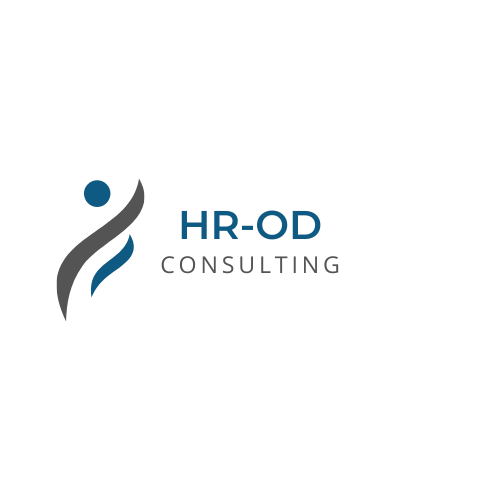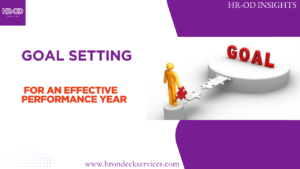A Story of Lost Insights and a Path to Transformation
At the TN National Policy Institute (TNPI), researchers were constantly producing groundbreaking reports, policy briefs, and data-driven analyses. Yet, despite their wealth of knowledge, something was missing.
One afternoon, Dr. Malik, a senior researcher, received an urgent call.
“Do we have any past research on climate policy in West Africa?” a government official asked.
Dr. Malik knew they had conducted extensive research on this topic, but finding the exact document? That was another challenge.
After an hour of searching through old emails, outdated folders, and unstructured archives, he finally found the report—but it was an older version. The latest insights were scattered across different teams, unpublished, or buried in individual files.
This wasn’t just a one-time issue. Knowledge was being produced, but it wasn’t managed effectively.
TNPI was suffering from “knowledge loss” in a place where knowledge was their most valuable asset.
Why Knowledge Management Matters in a Think Tank
Think tanks thrive on research, insights, and intellectual capital. Without a structured knowledge management (KM) system, valuable work gets lost, duplicated, or underutilized.
A robust KM system ensures:
- Efficient Access to Research – Researchers can quickly retrieve past reports, case studies, and datasets.
- Collaboration & Institutional Memory – Knowledge is not lost when employees leave.
- Faster Response to Policy Needs – Think tanks can provide timely insights to policymakers and stakeholders.
- Maximized Impact – Research findings reach the right audiences at the right time.
Dr. Malik knew that without a proper KM strategy, TNPI’s influence would remain limited—not because they lacked knowledge, but because they lacked a system to manage it effectively.
Building a Knowledge Management Framework
Determined to change things, Dr. Malik worked with the leadership team to design a structured KM system. Their plan included:
- Centralized Knowledge Repository
- A digital knowledge hub where all research reports, policy briefs, and datasets were stored.
- Categorization using tags and metadata for easy search and retrieval.
- Version control to track updates and prevent outdated information from circulating.
- Knowledge Capture & Documentation
- Standardized templates for research summaries, ensuring key insights were documented consistently.
- Post-project debriefs to capture lessons learned and key findings.
- A wiki-style internal database for experts to share methodologies, best practices, and policy recommendations.
- Collaborative Knowledge Sharing
- Regular “Knowledge Exchange” sessions where researchers presented their work to colleagues.
- Cross-departmental collaboration through shared research platforms (e.g., Google Drive, SharePoint, or specialized research databases).
- Internal newsletters summarizing recent research and upcoming projects.
- Leveraging Technology & AI
- AI-powered search tools to help researchers quickly find relevant studies.
- Chatbots and smart FAQs to answer common research queries.
- Automated citation and reference management tools to streamline academic publishing.
- Continuous Learning & Improvement
- Annual knowledge audits to identify gaps and outdated materials.
- Feedback loops where researchers provided input on improving KM processes.
- Training sessions on using KM tools effectively.
The Transformation: From Lost Insights to a Knowledge Powerhouse
Six months after implementing the new KM system, everything changed at TNPI.
- Reports that once took hours to locate were now accessible in minutes.
- Collaboration between teams improved, reducing duplicate research efforts.
- Policymakers received timely, well-organized insights, increasing TNPI’s influence.
One day, when another urgent request came in for climate policy research, Dr. Malik confidently pulled up the latest findings in seconds.
“I have exactly what you need,” he said, sharing a well-organized, up-to-date policy brief.
TNPI had transformed from a knowledge-producing think tank to a knowledge-driven powerhouse—all because they recognized that managing knowledge was just as important as generating it.
In today’s fast-paced research environment, knowledge is only as valuable as its accessibility and usability.
Think tanks that invest in structured knowledge management systems will:
- Maximize the impact of their research
- Improve efficiency and collaboration
- Strengthen institutional memory and reduce knowledge loss
- Enhance credibility and responsiveness to policy needs
For think tanks still struggling with scattered research and lost insights, the message is clear:
Knowledge management isn’t just a support function—it’s a strategic necessity; because when knowledge is managed effectively, ideas turn into action, and research turns into real-world impact.




